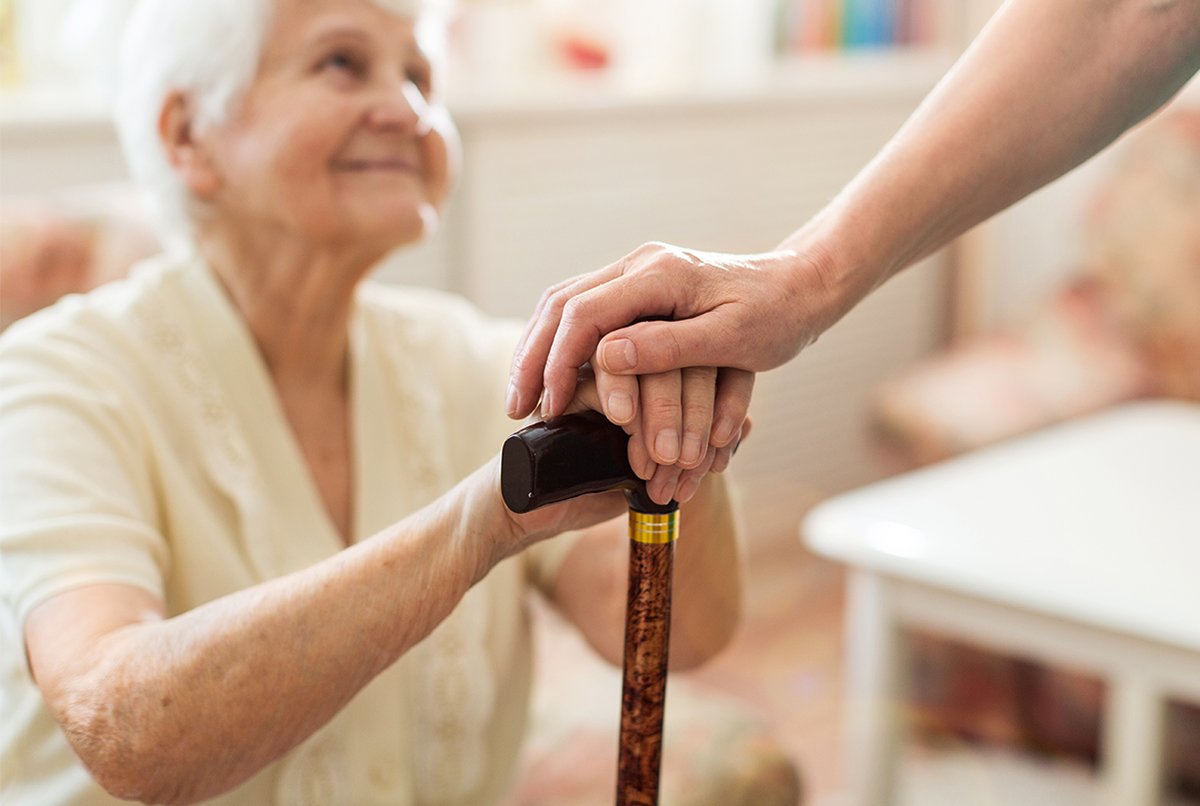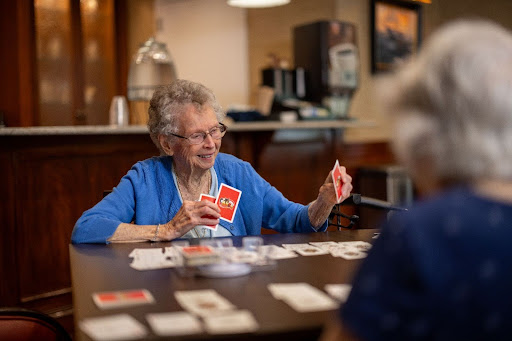
Contact
What Are the Early Signs of Alzheimer’s?
You walk into a room and momentarily forget why you went there. Or you see someone you know and can’t remember their name, though it comes to you later. Are you losing your marbles? Or is it just a senior moment, nothing to worry about?
If memory problems are affecting your daily life, it could be an early sign of Alzheimer’s. It could also be a sign of urinary tract infection, abnormal blood sugar levels, vitamin B12 deficiency, sleep apnea, thyroid problems, medication side effects, or alcohol abuse. Only a diagnosis from your doctor can tell for sure. But if you think it might be Alzheimer’s and not just the slow deterioration of old age, it helps to know what to look for.
What Are the Odds of Getting Alzheimer’s?
Alzheimer’s disease is an irreversible, progressive brain disorder that slowly destroys memory and thinking skills. Alzheimer’s usually affects people older than 65.
- One in 10 people over the age of 65 has Alzheimer’s.
- Almost two-thirds of Americans with the disease are women.
- Alzheimer’s disproportionately affects African-Americans and Hispanics.
10 Early Signs of Alzheimer’s
People with Alzheimer’s may have an especially hard time remembering recent events. The first symptoms, however, vary from person to person. Finding the right word, vision/spatial issues, and impaired reasoning or judgment may also signal the very early stages of Alzheimer’s. To be diagnosed with the disease, someone must show at least two or more of these 10 warning signs.
- Memory problems that affect daily life. Important dates and events, well-traveled routes, the names and faces of friends and colleagues — if your loved one can’t remember these facts on a regular basis, it could be an early sign of Alzheimer’s or other dementia.
- Difficulty with planning and problem solving. Is Mom having trouble following a recipe? Is Dad forgetting to pay the bills? Making occasional errors when balancing the checkbook is normal. But if it’s a regular occurrence, it might be time to set up automatic payment of their monthly bills and make lists to aid their memory.
- Problems finding the right word. People with early dementia may substitute the word they’re after with something similar, such as a watch becoming a hand clock. They may stop mid-conversation and have no idea how to continue. Following the thread of a conversation may also be difficult, especially in noisy environments.
- Confusion about time and place. Losing track of time and place may be a sign of Alzheimer’s. Especially if the person forgets where they are or how they got there.
- Poor judgment. If your frugal parent starts spending money on things she doesn’t need, watch out. Poor grooming or inappropriate clothing are two more signs that the brain is not firing on all cylinders.
- Vision problems. Alzheimer’s causes problems judging widths and distances. Reading becomes difficult. Falls become common. Driving accidents become an issue. If your loved one’s getting clumsier, check it out before someone gets hurt.
- Misplacing things. Once in a while, everyone forgets where they left their keys or phone. But if you retrace your steps, you’ll find it eventually. A person with Alzheimer’s loses that ability. They may even put things in unusual places. If the phone’s in the refrigerator, talk to your loved one to learn what else is happening with them.
- Mood changes. In the early days of Alzheimer’s, people’s moods may swing rapidly between sadness, fear and anger. Another early sign of dementia is when a loved one always seems to be in a bad mood for no apparent reason, often finding fault and picking at you.
- Loss of interest and initiative. If your loved one’s lost interest in their usual activities, or needs prompting to join in with what family and friends are doing, that’s a signal something’s not right.
- Changes in personality. If someone’s behavior becomes abnormal, that could be an early sign of Alzheimer’s. Common changes include becoming confused, suspicious, withdrawn, angry or uninhibited. So if your prim and proper mother starts swearing like a trooper, take note.
If You Recognize the Signs, Tell Your Doctor

If someone you love is showing signs of Alzheimer’s, give your doctor as much information as you can about their symptoms and behavior. Once you have a diagnosis, you can start planning how to manage the symptoms and even slow down their effects with medication.
The diagnosis may come as a shock or a relief. In some cases, people may not understand what you’re telling them or may deny it. If they respond well, provide additional information. Most importantly, reassure your loved one that you’ll do all you can to support them.
Memory Care at StoneRidge
There may come a point when your loved one needs more support than you can provide. At StoneRidge, The Cottage at Avalon is dedicated to providing memory support for people with Alzheimer’s and other types of dementia. Residents benefit from personalized care, specialized programs and a homelike setting.
Staff members who work with residents have participated in Heartfelt CONNECTIONS — A Memory Care Program®. This nationally recognized program is built on a philosophy that what remains is more important than what’s been lost. In addition, music therapy, pet therapy and the innovative Reading2Connect® program help us engage and connect with residents. To learn more about Memory Care at StoneRidge, contact us or call 860-333-8995.





